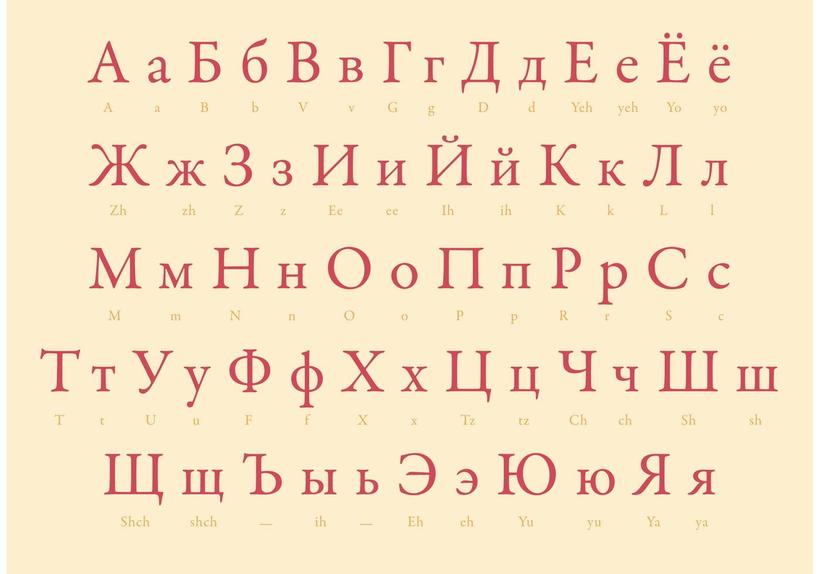
This is also true of those who conspired against the tsarist government. Of the major theorists in Austro-Marxism only Karl Renner was not of Jewish descent.” This was also the case for the group of theorists collectively known as the Austro-Marxists, the most interesting group of political theorists to emerge from the liberal bourgeoisie in Vienna.

“It is well known that the leadership of the socialist party in Austria before and after the First World War was heavily Jewish.

Yet Johnson plays down this involvement by saying that “these were Non-Jewish Jews.”191 Referring to the Revolution in an essay entitled “The Relentless Cult of Novelty,” Alexander Solzhenitsyn called it “the most physically destructive revolution of the 20th century” that sought “to sweep away all religions or ethical codes, to tear down, overthrow, and trample all existing traditional culture.” Jewish historian Steven Beller said, A third document showed that the decision to overthrow the Tsar’s government was actually taken on 14 February 1916 by a group of New York Jews including the millionaire Jacob Schiff.” “One list showed that, of thirty-one top Soviet leaders, all but Lenin were Jews another analyzed the members of the Petrograd Soviet, showing that only sixteen out of 388 were Russians, the rest being Jews, of whom 265 came from New York’s East Side. Johnson writes, “It is true that Jews were prominent in the Bolshevik party, in the top echelons as well as among the rank and file: 15-20 percent of the delegates were Jewish.” He moves on to say, Jews were about four percent of the Russian population at the turn of the twentieth century, yet they not only dominated the Russian Revolution but initiated the movement. Well, the fear that Jewish revolutionaries would want to usurp Russia’s traditional values had always been a concern of the tsars-not because the tsars were inherently anti-Semitic, but because the traditional government in Russia, which was built on the Western intellectual tradition, despised subversive activities such as Communism and Marxism.

Leon Blum wrote in 1901 that “the collective impulse” of the Jews “leads them towards revolution their critical powers drive them to destroy every idea, every traditional form which does not agree with the facts or cannot be justified by reason.” They took a leading part in the raiding parties organized by Lenin and Trotsky to gouge grain out of hoarding peasants. “The local Communist Parties had been largely created and run by Non-Jewish Jews…Jewish Bolsheviks were numerous in the Cheka (secret police), as commissars, tax inspectors and bureaucrats. Johnson’s History of the Jews seems to confirm this point he writes that in Poland, Hungary, and Romania in the 1920s,

But they were not so much interested in marginalizing all the Jews in Russia, otherwise they would not have adopted programs for assimilation. Yes, the tsars were against subversive movements, in which revolutionary Jews played a major role. Instead, Johnson tells us that during the tsarist government, “Everything was done to prevent Jews getting to university.” Nothing could be further from the truth. When the Tsar was governing Russia, Jacob Schiff plotted against the government, supplied millions of dollars to the Japanese to overthrow the Russian government, and called Russia “the enemy of all mankind.” Incredibly, Paul Johnson only mentions the idea that a number of Jews, including Jacob Schiff, sought to overthrow the Tsar’s government, and on another occasion mentions Schiff in a positive light.


 0 kommentar(er)
0 kommentar(er)
